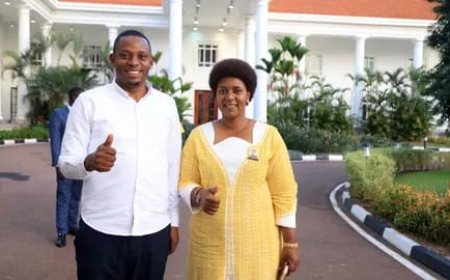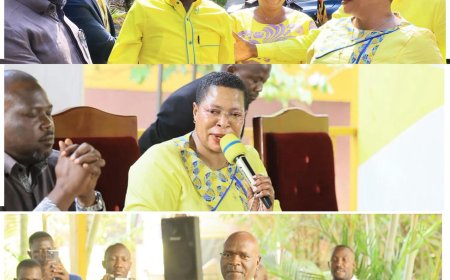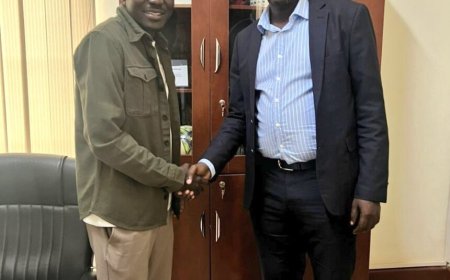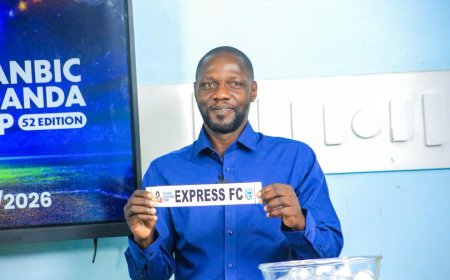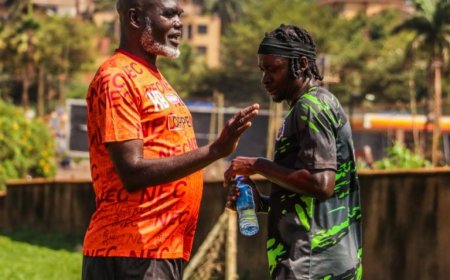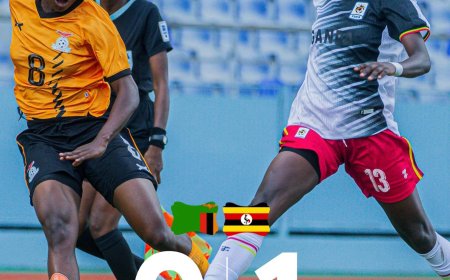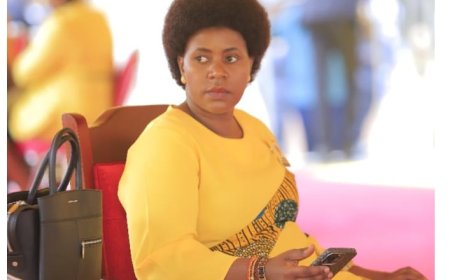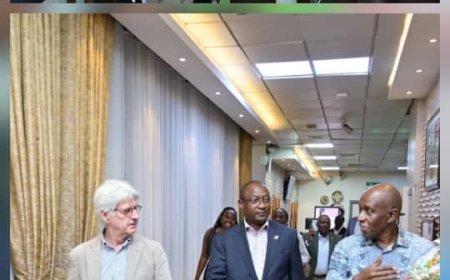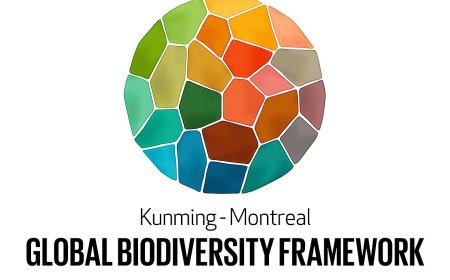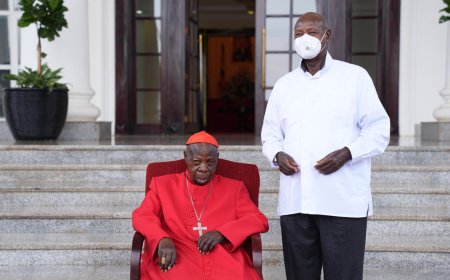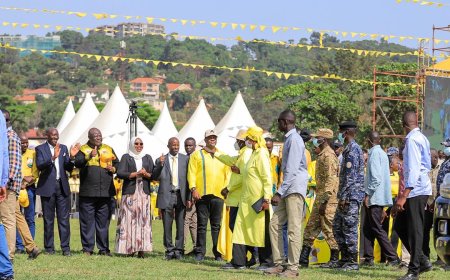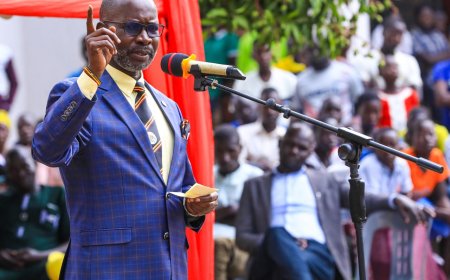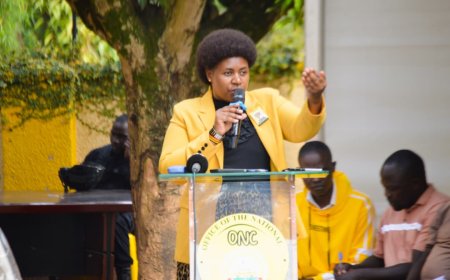Museveni Blasts Engineers Over Shoddy Work, Demands Quality in Government Projects
The President made the remarks on Thursday while addressing a large crowd at the Peace Grounds in Kitgum Municipality during his countrywide campaign tour as the NRM presidential flagbearer.
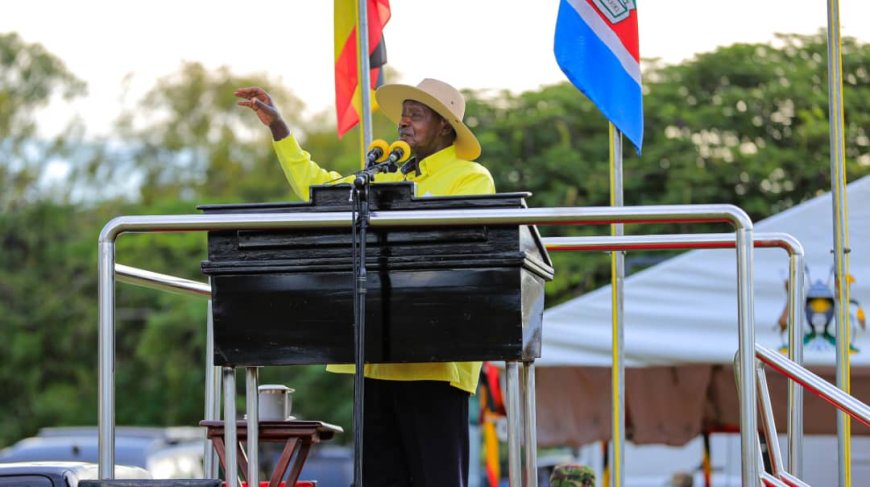
KITGUM, Uganda — President Yoweri Kaguta Museveni has issued a stern warning to road engineers and contractors against executing poor-quality work on government projects, emphasizing that Uganda’s infrastructure drive must be built on integrity, professionalism, and accountability.
The President made the remarks on Thursday while addressing a large crowd at the Peace Grounds in Kitgum Municipality during his countrywide campaign tour as the NRM presidential flagbearer. The tour aims to popularize the NRM manifesto and rally citizens around its core pillars of peace, development, wealth creation, and education.
Museveni, visibly disappointed by the poor state of some roads in the Acholi sub-region, cited the Puranga–Acholibur road as a case in point, criticizing engineers for grading the road without constructing proper drainage systems.
“I drove on the Puranga–Acholibur road today and saw very poor work. They just graded without putting in drainage channels, and now it looks like a swimming pool when it rains,” the President said. “What sort of people are these? Those engineers must change their ways.”
The President explained that the government has heavily invested in infrastructure development—roads, electricity, and water—but such efforts are undermined when technical officers and contractors fail to meet expected standards. He said those responsible for shoddy work must be held accountable for the misuse of public funds.
“Touching too many things at the same time and doing them carelessly does not help our people. We must prioritize and ensure that whatever we do, we do it well,” Museveni emphasized.
Peace and National Unity as Foundations for Development
President Museveni commended the people of Kitgum and the entire Acholi sub-region for maintaining peace and registering progress in development. He attributed the prevailing stability to the National Resistance Movement’s consistent stand against sectarianism and divisive politics.
“The NRM has brought peace. It is not easy to create peace in a pre-industrial country because people are often confused about which is more important—tribe or national interest,” he said.
“The NRM refused to embrace sectarian politics. We said we don’t care about your tribe or religion; what matters is whether you know what to do. That is how we built a strong army and a united country.”
Infrastructure: A Pillar of Transformation
Museveni reiterated that after peace, the next major focus of the NRM government has been development, especially through investment in economic and social infrastructure. He highlighted major projects that have transformed Northern Uganda, including:
The Olwiyo–Anaka–Kitgum tarmac road, which has improved connectivity in the region.
The electricity transmission line from Lira through Lamwo up to the South Sudan border, enhancing access to power for both domestic and commercial use.
The Tororo–Lira–Gulu–Pakwach railway rehabilitation, aimed at revitalizing trade and industrialization.
The President further noted that 83 percent of Kitgum’s rural villages now have access to safe water, with 572 out of 686 villages connected. He assured residents that government would continue efforts to achieve 100 percent coverage.
Education and Skilling the Youth
Touching on education, President Museveni directed district leaders to ensure the national policy of “one government primary school per parish” is fully implemented. He expressed concern that some parishes still lack schools despite Kitgum District having 88 government primary schools and 8 secondary schools.
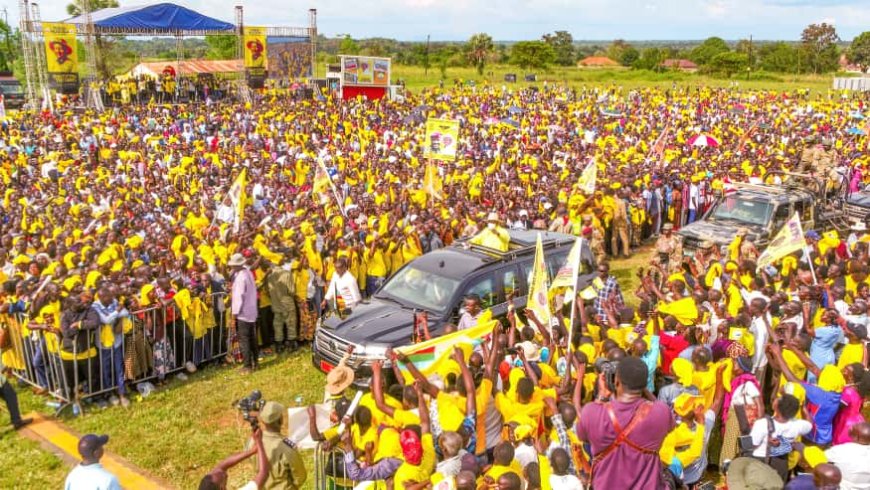
“Who allows this kind of imbalance?” he asked. “The policy is deliberate—to ensure every child has access to education. In the next government plan, we shall construct more schools to close that gap.”
The President revealed that he established State House Skilling Hubs across the country to empower youth with practical skills in carpentry, tailoring, metal fabrication, and other trades. He said these hubs were created to bypass bureaucratic obstacles that had slowed down the implementation of free education.
“Because I faced opposition in implementing free education, I used my power through the State House to build skilling hubs where no one could resist my idea. Those children who had lost hope are now producing things like hospital beds, shoes, and other products that were being imported from China,” he noted.
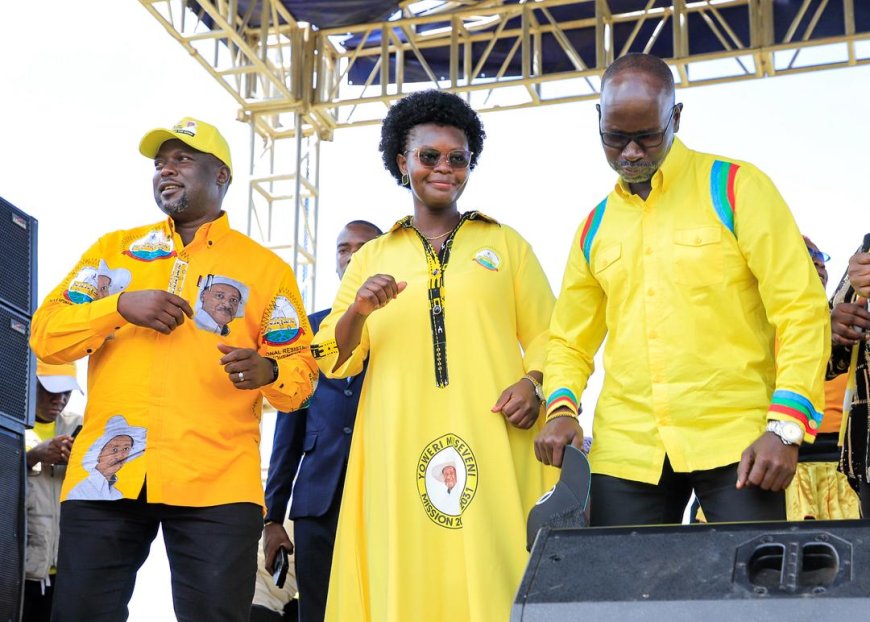
Wealth Creation and Livelihood Restoration
President Museveni also reminded citizens to distinguish between government-led development and personal wealth creation.
“Don’t mix development with wealth,” he cautioned. “Development is good, but wealth and poverty are mine alone. The message of wealth creation is for everyone.”
He assured residents that government would revive the livestock restocking programme in Northern Uganda to rebuild household incomes that were destroyed during past conflicts.
“We had started restocking but faced some legal issues. We paid Shs.159 billion and held meetings with leaders and elders. I proposed giving five cows per homestead in all regions, and the idea was adopted,” he said.
Museveni also pledged that the government would consider compensation for war claimants in the Acholi sub-region, acknowledging that the region endured a longer period of conflict.
Commitment to Accountability and Quality Service Delivery
The President’s message in Kitgum was clear—Uganda’s journey to full transformation depends on discipline, prioritization, and accountability at every level of government. He called upon all public servants, particularly engineers and contractors, to uphold quality and professionalism in implementing infrastructure projects.
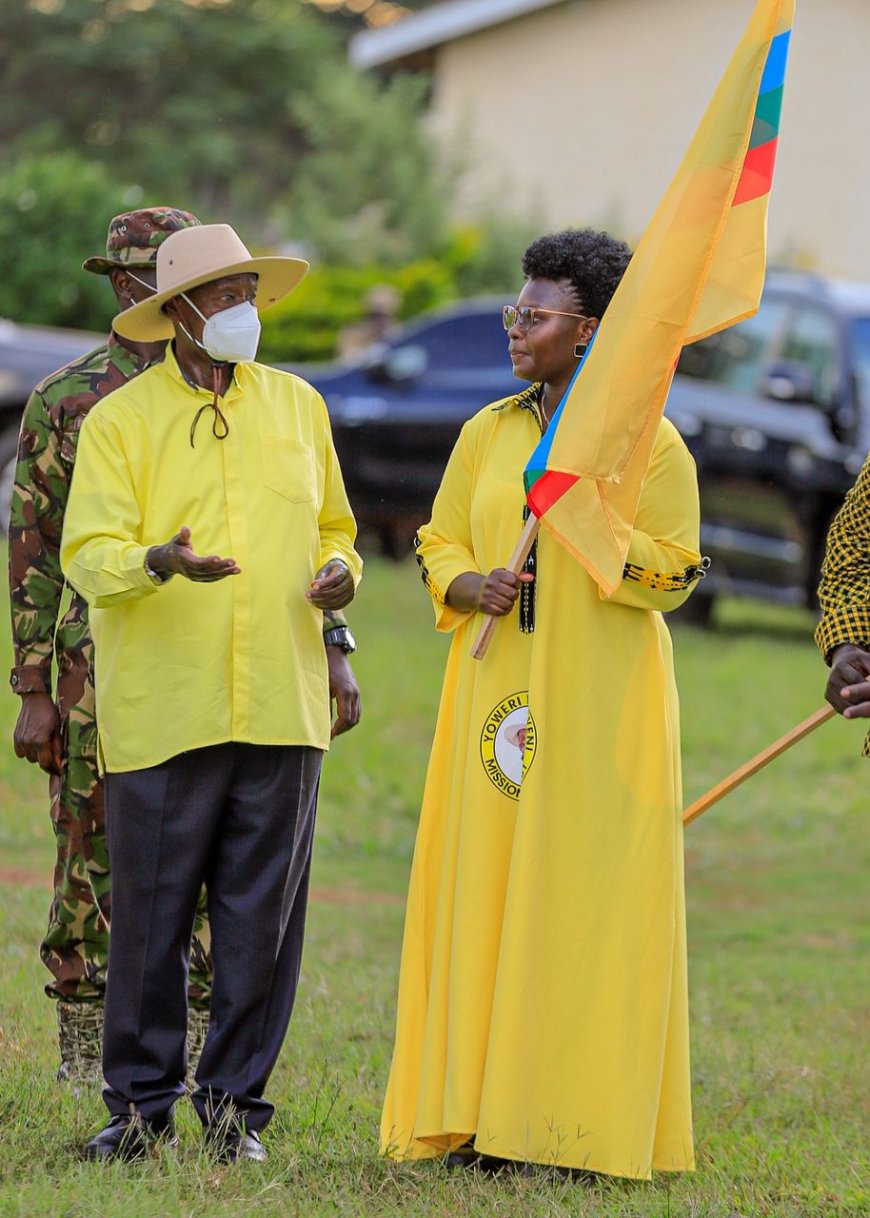
“If we are to build a modern and prosperous Uganda, we must ensure that every shilling spent delivers value,” he concluded.
